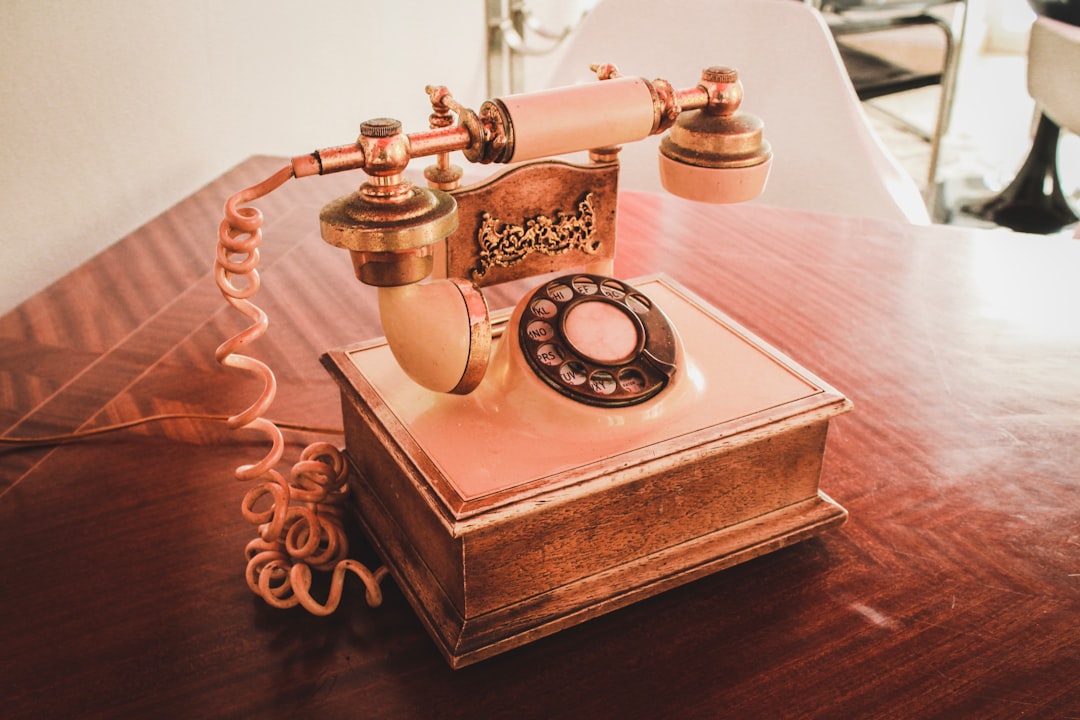Georgia and Florida have "Do Not Call" laws to protect residents from unwanted telemarketing calls. Individuals can register their numbers on state-specific or national registries, with each state having its own regulations and penalties. For legal advice, consumers should consult specialized Do Not Call Lawyers in Georgia or Attorneys in Florida from reputable Do Not Call Law Firms to ensure compliance and protect their rights against persistent marketing calls.
“Unwanted phone calls can be a nuisance, but understanding state regulations is key to protecting your rights. This article explores the nuances of ‘Do Not Call’ laws in Georgia and Florida, crucial information for consumers and legal professionals alike. While both states offer consumer protections, their implementations differ significantly. We’ll guide you through these variations, empowering you with knowledge, especially if you’re seeking a lawyer for Do Not Call issues in Georgia or considering expanding your practice to this region. By understanding these regulations, individuals and law firms can ensure compliance and protect against unwanted intrusions.”
Understanding Do Not Call Laws: A General Overview

Do Not Call Laws are designed to protect consumers from unwanted phone calls, particularly from telemarketers. In Georgia and Florida, these laws have distinct nuances that affect both businesses and individuals. At their core, they aim to strike a balance between preventing nuisance calls and allowing legitimate business communication.
A “do not call” list is essentially a registry of telephone numbers that have opted-out of receiving sales or marketing calls. In Georgia and Florida, residents can register their numbers with the National Do Not Call Registry and also through state-specific lists. A key difference lies in the enforcement mechanisms: while federal law provides guidelines, individual states may have their own regulations and penalties for violators. For those seeking legal counsel, a do not call lawyer in Georgia or a do not call attorney in Florida can help navigate these complex laws to ensure compliance and protect consumer rights.
Comparisons Between Georgia and Florida's Regulations

In Georgia, the Do Not Call list is regulated by the Georgia Public Service Commission (GPSC), which oversees telecommunications matters. Residents can register their phone numbers on this list to prevent unsolicited calls from telemarketers and sales representatives. The GPSC ensures that registered numbers are respected, and violators can face fines. For those seeking legal advice or representation related to Do Not Call laws in Georgia, consulting a Do not call lawyer Georgia is essential. These attorneys specialize in navigating these regulations and can help individuals protect their rights against unwanted calls.
Florida’s approach is slightly different. The Florida Department of Agriculture and Consumer Services (FDACS) manages the state’s Do Not Call registry. Like Georgia, Florida residents can register their phone numbers to stop marketing calls. However, Florida offers additional protections with its “No Call” list, which restricts calls from certain types of businesses during specific times. A Do not call attorney Florida or a law firm specializing in this area can guide individuals through the process of registering and understanding their rights under Florida’s Do Not Call laws.
Your Rights and Options as a Consumer in Both States

In both Georgia and Florida, consumers have rights and options when it comes to dealing with unwanted telephone calls from telemarketers or collection agencies. The key difference lies in the specific regulations and protections offered by each state’s “Do Not Call” laws. In Georgia, consumers can register their phone numbers with the Georgia Public Service Commission’s Do Not Call Registry, which prohibits most outbound sales calls within 30 days of registration. This provides significant relief for residents overwhelmed by persistent calls. A do not call lawyer in Georgia or a local attorney specializing in this area can guide individuals on how to best navigate and enforce these rights.
For Florida residents, the state’s Do Not Call Act offers similar protections but with some variations. The Florida Department of Agriculture and Consumer Services oversees the registry, and while it also restricts most sales calls, there are exceptions for certain types of businesses. Consumers in Florida can file complaints against violators, and a lawyer specializing in do not call laws in Florida can assist in these cases. Both states empower consumers to take action against companies that ignore registered requests, ensuring peace and quiet for those seeking respite from unwanted phone marketing.






